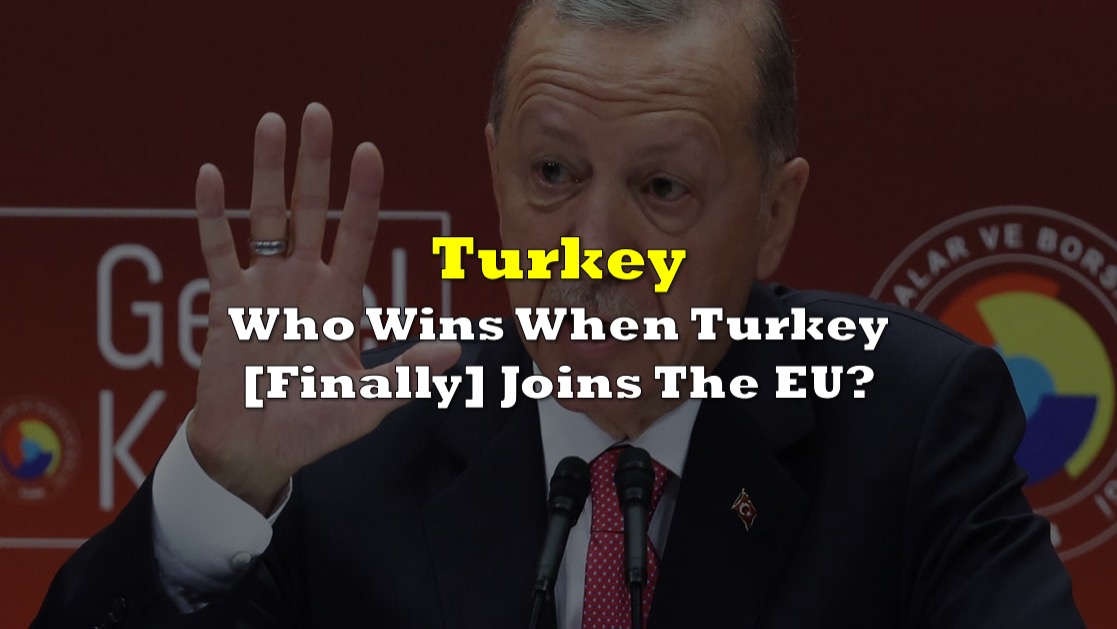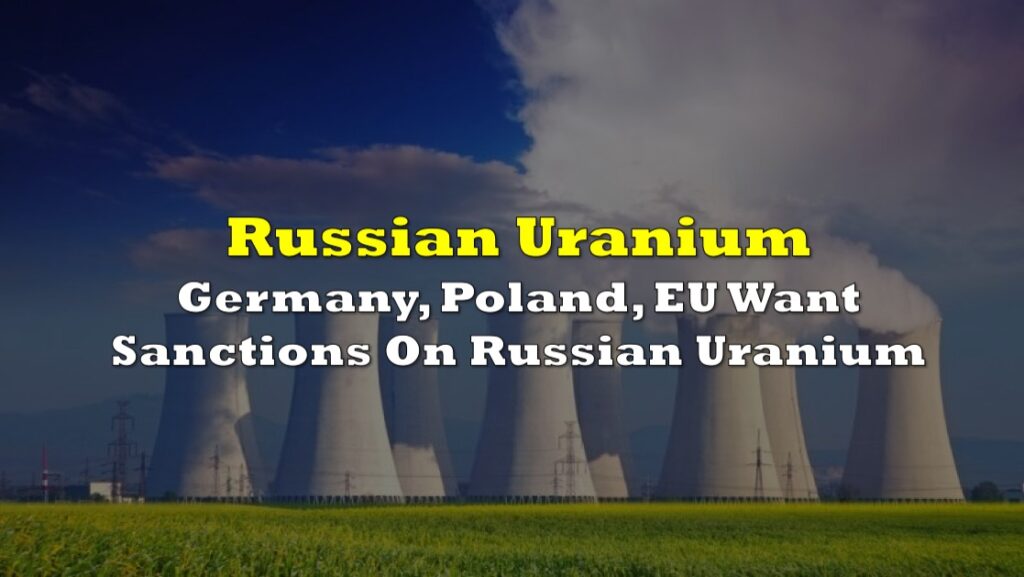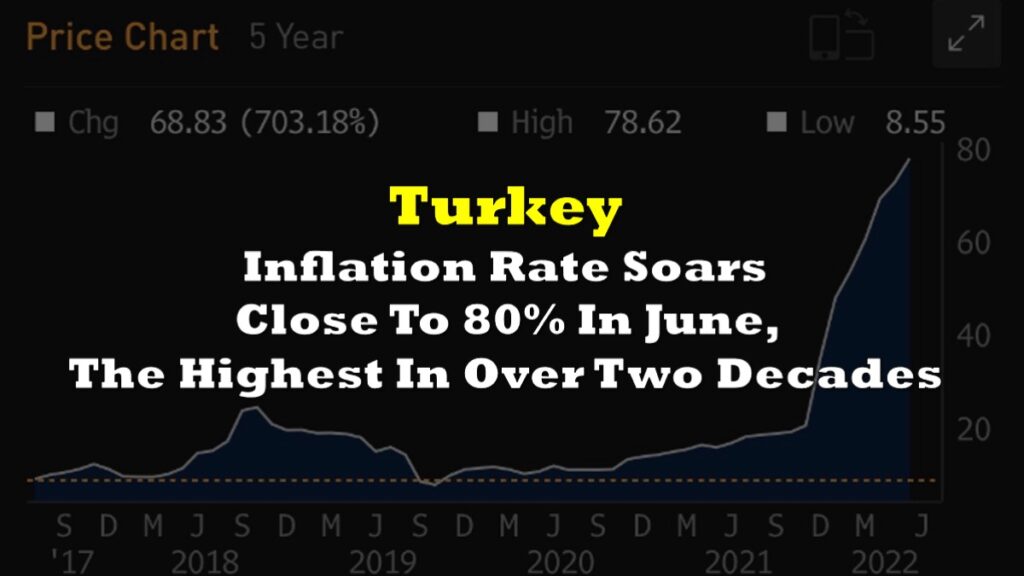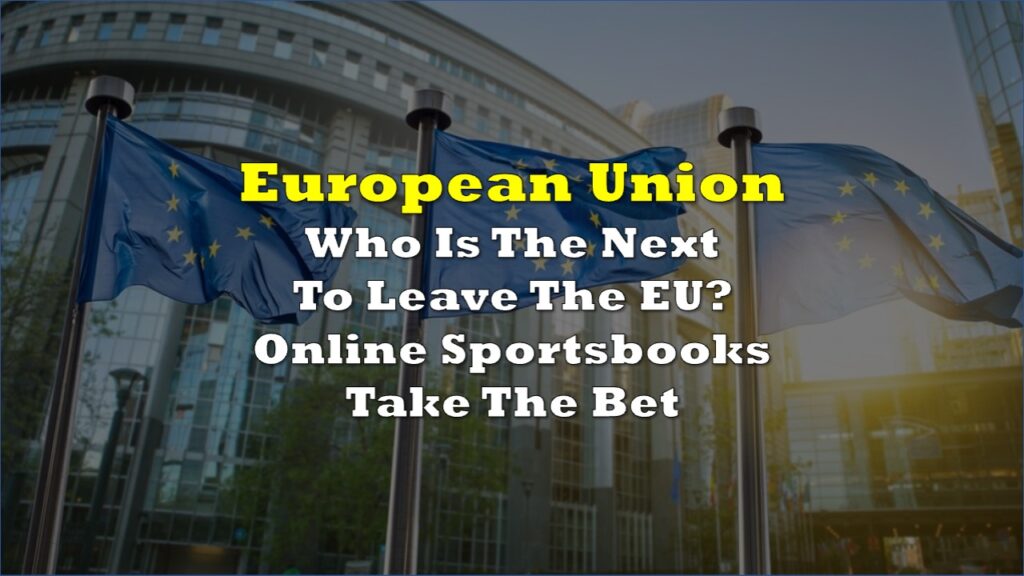In a renewed push for European Union (EU) membership, Turkish President Tayyip Erdogan emphasizes the need for dialogue and increased contacts at all levels. Talks between Ankara and Brussels began 18 years ago but have been stagnant for a significant period.
Erdogan highlights the strategic value of Turkey’s full EU membership during a phone conversation with Charles Michel, the president of the European Council. He stresses the importance of updating the customs union agreement, enhancing bilateral cooperation on migration and counterterrorism, and strengthening ties between Turkey and the EU.
"Today, the President of Turkey Erdoğan called the President of the United States and informed Biden about his desire to revive the process of Turkey's accession to the European Union, and also agreed on an individual meeting at the NATO summit for a detailed discussion"
— MAKS 23 👀🇺🇦 (@Maks_NAFO_FELLA) July 9, 2023
Turkey and EU: a long courtship
Turkey’s ambition to join the EU has seen various ups and downs since its initial application in 1987. Turkey holds the unfortunate record for the longest process among candidate states in Eastern Europe and the Western Balkans, with the membership process spanning 36 years and ongoing. While 16 countries have had their bids approved since Turkey’s application, Ankara’s path to EU membership remains prolonged and complex.
To understand Turkey’s aspirations, it is necessary to revisit the days of Mustafa Kemal Atatürk, the revolutionary leader who resisted the partition of Turkey after World War I. Atatürk’s reforms established a modern, Westernized country, which eventually became a member of the Council of Europe in 1949 and NATO in 1952. Turkey’s interest in European integration led to its application to become an associate member of the European Economic Community (EEC) in 1959, which was granted in 1963.
However, obstacles emerged, including the conflict in Cyprus, economic disparities, and strained relations with Greece and Cyprus. Turkey needed to meet the Copenhagen criteria, which set high standards for democracy, the rule of law, human rights, minority protection, and an open market economy. In the meantime, a customs union for non-agricultural trade goods was established in 1996.
In 1999, EU leaders declared Turkey a candidate country, allowing access to pre-accession assistance. The official framework for negotiations was adopted in 2005, and talks were divided into 35 chapters. Turkey managed to open 15 chapters but faced difficulties in closing them. Concerns about human rights, democracy, and the 2016 coup attempt strained Turkey-EU relations, leading to the suspension of negotiations in 2018.
Since then, progress has been minimal, with Erdogan criticizing the West, engaging in controversial activities, and facing criticisms from EU officials. The visa crisis, which includes frequent rejections of Turkish citizens’ Schengen visa applications, has intensified the strain. The EU’s failure to appreciate Turkey’s regional significance and its treatment of Turkish citizens contribute to the crisis.
Erdogan has expressed frustration over the rejection and delayed processing of visa applications before the May elections, describing it as “political blackmail.” After his victory, Erdogan delivered a two-pronged message regarding Turkey’s relations with the EU.
Erdogan indicated that Turkey intends to review its overall approach towards the EU and criticized the bloc for keeping Turkey waiting for five decades. He specifically mentioned the need to reassess issues such as visa liberalization, updating the customs union, and addressing the refugee situation. The Turkish government aims to play a more active role in these areas to revive its relations with the EU. However, if the existing obstacles cannot be overcome, Ankara is likely to engage in more vocal criticism.
During a congratulatory phone call with European Commission President Ursula von der Leyen, Erdogan emphasized the importance of cooperation between Turkey and the EU in effectively addressing regional problems. He called for fair treatment of Turkey and requested support for Turkish membership. These statements indicate that Turkey remains committed to EU membership as a strategic goal but is frustrated by the prolonged delays in the accession process.
Can a Turkey fit the EU?
Turkey’s potential EU membership faces several key issues. In terms of the economy, Turkey has a significant GDP-PPP and Nominal GDP, ranking 11th and 20th in the world, respectively. It has utilized its customs union with the EU to boost industrial production for exports and attract foreign investment. However, the trade balance is a concern, as imports exceed exports.
Turkey’s population is another factor to consider. With a large and relatively young population, Turkey’s inclusion in the EU would result in a substantial number of Members of the European Parliament (MEPs) from Turkey. This could potentially influence EU legislation and administration according to Turkish policies. Istanbul, as the largest city in Turkey, would become the most populous metropolis in the EU if Turkey were to join.
The ongoing Cyprus dispute poses significant challenges for Turkey’s relations with EU member states. Since the Turkish invasion of Cyprus in 1974, Turkey has refused to recognize the Republic of Cyprus as the sole authority on the island. Instead, it recognizes the self-declared Turkish Republic of Northern Cyprus. This dispute has led to complications within the EU’s Customs Union, with Turkey not fully complying with agreements until the international isolation of Northern Cyprus eases.
Relations between Turkey and Greece, another EU member state, have also been contentious. A significant percentage of Greeks have expressed skepticism about Turkey’s EU membership. Greece has cited ongoing territorial disputes as a barrier to progress. However, some Greek leaders have urged the EU to maintain dialogue with Turkey and keep the doors open to Turkish accession.
Religiously, Turkey has a secular constitution and no official state religion. The majority of the population identifies as Muslim, predominantly Sunni, while a minority follows the Shi’a Alevi branch. Joining the EU would make Turkey the first and only Muslim-majority country in the EU. Turkey’s tradition of secularism, freedom of religion for individuals, and the protection of religious communities by the state are important aspects of its identity. However, cultural differences between a Muslim-majority Turkey and predominantly Christian Europe play a significant role in the debate on Turkish accession to the EU.
Despite the challenges, Erdogan remains committed to EU membership but expects fair treatment and support from the EU. Turkey’s active role in regional affairs and its contributions to European security, stability, energy supply, and cooperation on common challenges present opportunities for a new approach in Turkey-EU relations.
Erdogan’s dedication to EU membership comes as he faces numerous challenges since his re-election on May 28. He pledges to present a proposal to amend the constitution, a draft that has been in the works since 2022. The current constitution, introduced nearly four decades ago, has undergone 19 amendments.
Additionally, Turkey experienced a slowdown in annual inflation to its lowest level since December 2021, but the country’s currency hits an all-time low against the US dollar. The new Finance Minister vows to combat inflation and restore investor confidence.
Information for this briefing was found via Vatican News, Middle East Eye, EuroNews, and the sources mentioned. The author has no securities or affiliations related to this organization. Not a recommendation to buy or sell. Always do additional research and consult a professional before purchasing a security. The author holds no licenses.









